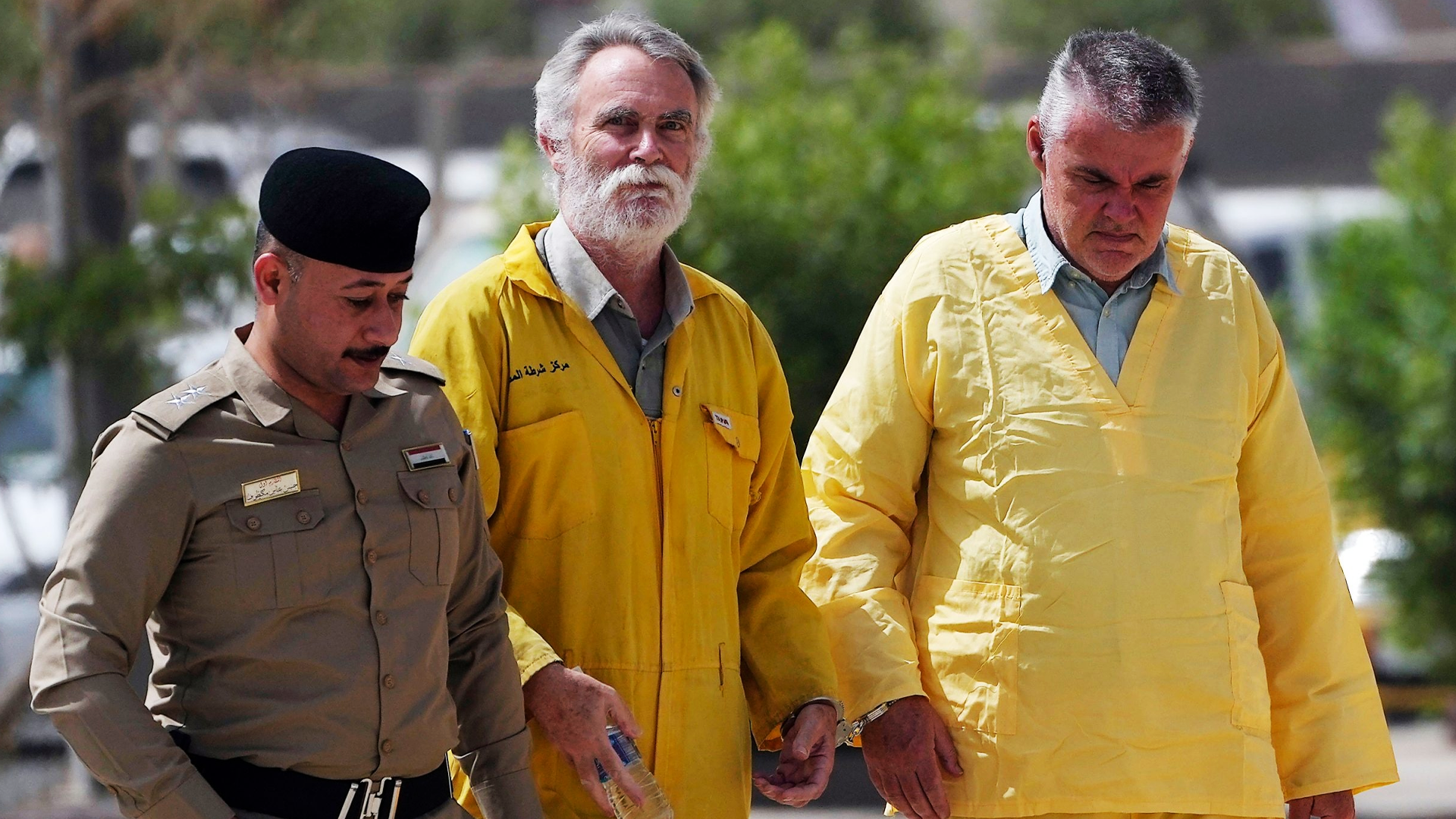A retired geologist from Bath, UK, has been sentenced to 15 years in prison for attempting to steal historic artifacts whilst on a trip to Iraq.
Jim Fitton, 66, claims he didn’t know he was breaking Iraqi law when he picked up shards of ancient pottery and placed them in his backpack.
At the time, Fitton was on an archaeological and geological tour of Iraq. He also took 12 stones from an ancient site, which weren’t discovered until airport officials found them in his luggage days later.
Fitton’s family have since rallied the national press, calling for the UK government to free him from what – at age 66 – equates to a life sentence in an Iraqi prison.
Outlets from the BBC to The Guardian are stressing Fitton’s ignorance. That he simply didn’t know he was doing anything wrong, and that such a ‘trivial and dubious crime’ should not warrant a 15 year jail sentence.
Fitton’s family are urging the British government to free him, stating they were ‘absolutely shattered’ and ‘heartbroken’ by news of his arrest:
‘We are raising an appeal and will continue to fight for Jim’s freedom, and urge the government to support us in every way possible and to open lines of communication with us at a senior level.’
For a white British man of Jim’s age – a man with no prior convictions, who has dedicated his life to the study of geology and enjoyed a successful academic career – to be arrested under these circumstances is understandably saddening and shocking.
The British media are also championing his release; ‘Jim Fitton, 66, who is originally from Bath, collected 12 stones and shards of broken pottery during a recent geology and archaeology tour of [Iraq]’ said the BBC in an article this week.
Insignificant as it may seem, this choice of language points to the long history of British colonialism and cultural looting that underpins Fitton’s arrest.
According to these articles, Fitton ‘collected’, he didn’t ‘steal’. He was simply unaware of the magnitude of his actions, an innocent mistake by a British tourist.
But when it comes to the complicated ethics of cultural representation, ownership, and provenance, language is everything.
The way that Britain has framed its acquisition of stolen artifacts has hinged on this ambiguous tension between ‘stolen’ and ‘collected’, ‘looted’ and ‘acquired’.




















